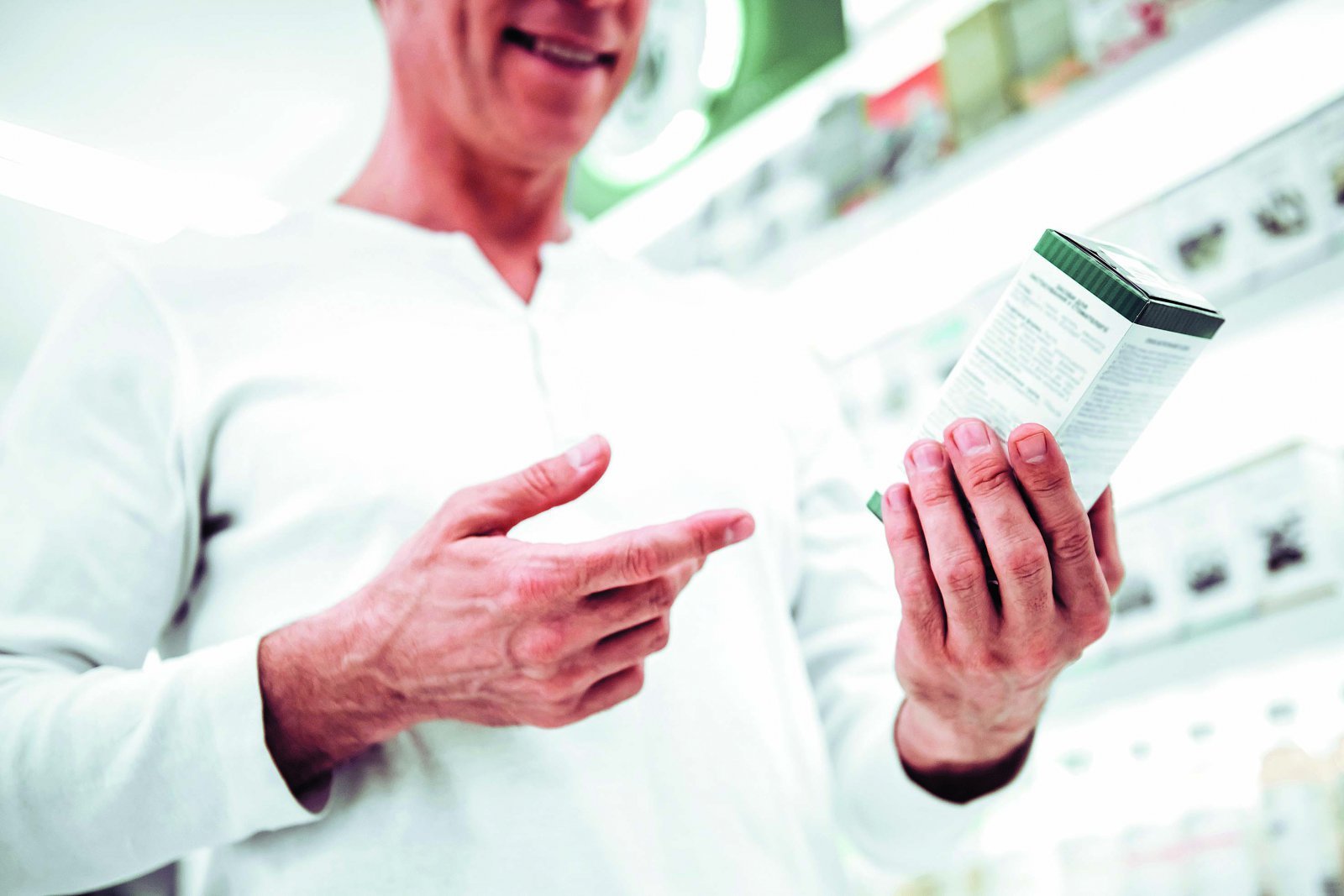
Medical / Healthcare
Hair Loss Sufferers Use Caffeine for Prevention
Dong-A Ilbo |
Updated 2025.10.15
Caffeine-infused hair loss shampoos launching
In Germany, caffeine complex applied to hair follicles… Inhibits DHT action and extends hair growth phase
Other studies show effects similar to minoxidil… Efficacy varies greatly with concentration and mechanism
Choose the right product carefully
In Germany, caffeine complex applied to hair follicles… Inhibits DHT action and extends hair growth phase
Other studies show effects similar to minoxidil… Efficacy varies greatly with concentration and mechanism
Choose the right product carefully
As the population experiencing hair loss among middle-aged individuals increases, the sales of hair loss shampoos are also rising. Getty Images Korea
Hair loss, once considered a natural part of aging, has now become an important aspect of self-care for middle-aged men. Previously seen as an unavoidable phenomenon, it is now regarded as a manageable and preventable area, significantly increasing interest among men in their 40s and 50s.According to the National Health Insurance Service, over 40% of the approximately 10 million people experiencing hair loss in South Korea are in their 40s and 50s. As the population of middle-aged individuals with hair loss grows, the demand for self-care and appearance investment naturally increases.
Consequently, hair loss and scalp care have become integral to lifestyle management for health and confidence, beyond merely maintaining appearance. The trend of 'Check+Consumer' (Check+Consumer) is spreading, leading to more careful selection of hair products based on ingredients and content.
For middle-aged men, hairstyle is a key element in determining image and expressing individuality. Since hair thickness, strength, and texture can significantly alter style, scalp and hair care extend beyond mere appearance management to become a means of self-expression. Early management and prevention are crucial, as significant time and cost are involved once hair loss becomes pronounced. Recently, there is a movement among the 20s and 30s generation, recognizing the value of 'hair power,' to start hair loss management early.
Methods for managing hair loss in daily life include formulations directly absorbed by the scalp or wash-off shampoos. Recently highlighted key ingredients include caffeine, brewer's yeast, biotin, and saw palmetto. Among these, caffeine is gaining attention due to numerous studies indicating its positive impact on improving scalp blood flow and the hair growth cycle. Once designated as a doping monitoring substance by the International Olympic Committee (IOC) due to its strong stimulant effects, caffeine's efficacy in hair loss management is now being re-evaluated.
In a clinical trial at Charité University in Germany, administering a caffeine compound to hair follicles of men with hereditary hair loss activated follicle cell metabolism, delaying degeneration. This suggests that caffeine can inhibit the action of dihydrotestosterone (DHT), a major cause of male pattern hair loss, and contribute to extending the hair growth phase.
Another study compared caffeine solution and the well-known hair loss treatment ingredient minoxidil solution over six months, showing active hair ratios of 11% and 12%, respectively. This indicates that caffeine demonstrated comparable effects to minoxidil in terms of improving scalp environment and hair management. Encouraged by these research results, various brands are launching caffeine shampoos.
However, not all caffeine shampoos produce the same effect. It is essential to carefully check ingredient labels, as efficacy can vary greatly depending on the content or mechanism of action, even with the same base ingredients. A men's specialized scalp and hair care brand highlighted the high caffeine content in its products, even including a notice on the back of the product stating, 'Caution: Caffeine may be detected in hair.'
Experts advise that "shampoos containing hair loss management ingredients, including caffeine, can be sufficiently helpful as a preventive measure in daily life," but also caution that "since scalp and hair conditions vary greatly among individuals, consumers should compare the actual content and mechanism of action of ingredients to choose the product that suits them." Male consumers, evolving into checksumers, need to adopt the habit of meticulously checking ingredient labels to engage in more strategic self-care.
Kim Shin-a
AI-translated with ChatGPT. Provided as is; original Korean text prevails.
ⓒ dongA.com. All rights reserved. Reproduction, redistribution, or use for AI training prohibited.
Popular News











